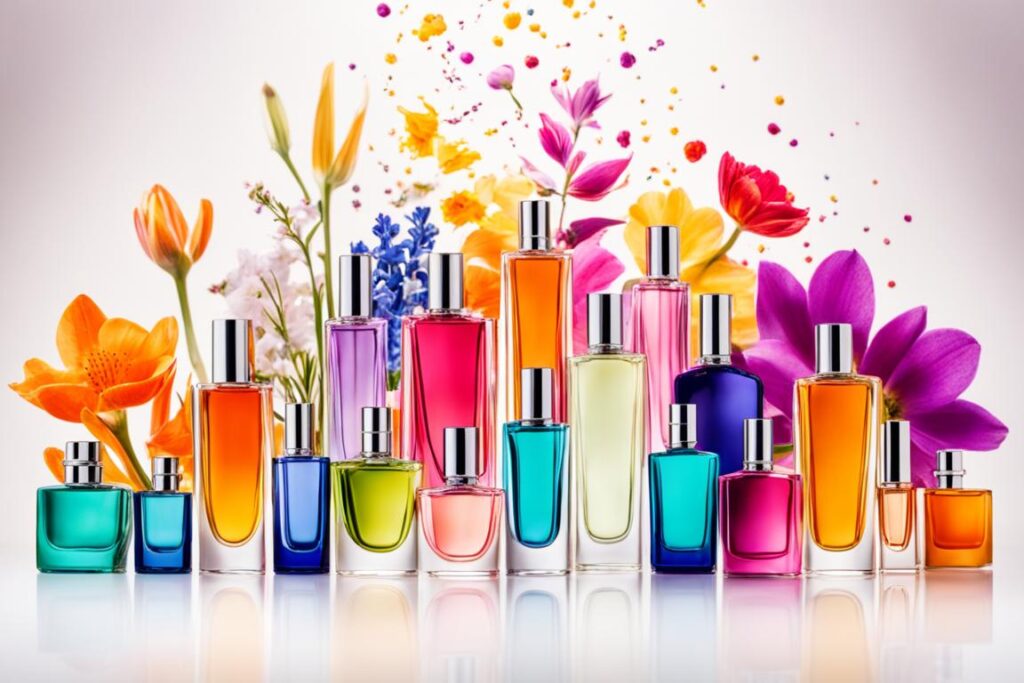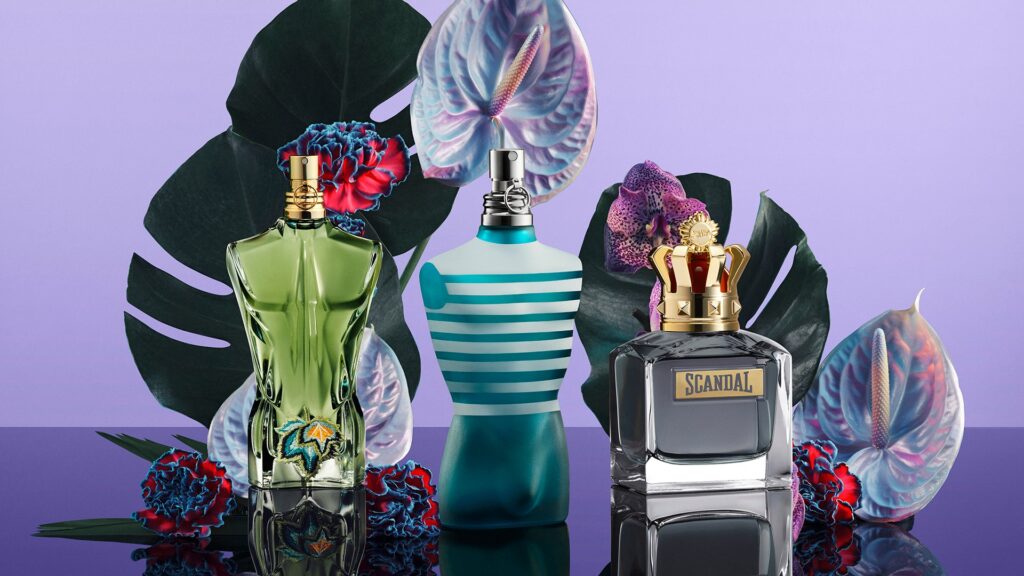Fragrances have the power to captivate and express one’s uniqueness, leaving a lasting impression. Choosing a signature scent can feel overwhelming, given the vast array of options available. However, understanding fragrance families and trusting your instincts are key when embarking on this olfactory journey. Let us guide you through the process of finding your perfect perfume.
Exploring the fragrance landscape begins with familiarizing yourself with the different scent families. Floral, fresh, woody, and spicy are just a few examples of these olfactory categories that can help narrow down your search. By identifying the characteristics that resonate with your preferences, you can focus on scents that truly align with your personal style.
While trends and cult classics can provide valuable insights, it’s important to remember that the right perfume is ultimately a deeply personal choice. Trusting your instincts and selecting a fragrance that speaks to you is essential for finding a scent that truly represents your unique self.
Sampling perfumes before committing to a full-sized bottle is crucial, as scents can vary depending on individual body chemistry. Sample sets offer an excellent opportunity to discover multiple fragrances and experiment with different notes and compositions. Remember to consider the vibe you want to exude and explore the wide range of perfume concentrations, such as eau de parfum and eau de toilette, to find the perfect balance for your lifestyle.
Key Takeaways
- Understanding fragrance families can help narrow down your perfume search.
- Trust your instincts when selecting a signature scent that reflects your personality and style.
- Sample perfumes before purchasing to ensure compatibility with your body chemistry.
- Explore different perfume concentrations to find the ideal balance for your preferences.
- Consider the vibe you want to portray when choosing a fragrance.
The Historical Journey and Art of Perfumes
Perfumes have a rich history that can be traced back to ancient civilizations such as the Mesopotamians and Egyptians. These early cultures used perfumes not only for personal adornment but also in religious rituals. The Greeks and Romans further expanded the use of perfumes, incorporating them into their daily lives and social customs.
It was in the Arab world where the art and science of perfume making truly flourished. Arab chemists and distillers refined distillation techniques, enabling the extraction of aromatic compounds from natural ingredients. This innovation revolutionized the perfume industry and laid the foundation for modern perfume making.
Today, perfumes are crafted through various extraction methods like distillation, expression, and solvent extraction. Perfumers, often referred to as “noses,” are skilled artisans who meticulously blend different fragrance notes to create unique and captivating scents.
“Perfumery is an art form that combines science, creativity, and passion. It is the perfect balance between art and chemistry.” – Renowned perfumer
Fragrance notes, categorized into top, middle, and base notes, are carefully selected and combined to create a well-rounded olfactory experience. Top notes are the initial impressions of a perfume and are often fresh and light. Middle notes, also known as heart notes, emerge once the top notes evaporate and set the tone for the overall fragrance. Base notes provide depth and longevity to the perfume, lingering on the skin long after the top and middle notes have faded.
As the perfume industry continues to evolve, innovations like scent technology and personalized scents are paving the way for new possibilities. Scent technology explores advancements in capturing, enhancing, and delivering fragrances, promising a more immersive and sensorial experience for perfume enthusiasts. Personalized and custom scents cater to individual preferences, offering a unique and intimate olfactory identity.
The Future of Perfumery
The future of perfumery is an exciting realm that combines tradition with innovation. The art of perfume making will continue to captivate our senses while embracing technological advancements. From molecular perfumery to sustainable and eco-friendly practices, the fragrance industry is constantly evolving.
“Perfumery is both a reflection of history and a glimpse into the future. It is an ever-evolving art that keeps enchanting, surprising, and connecting people through the power of scent.” – Leading fragrance expert
Top Perfumes for Women and Tips for Choosing
Choosing the perfect perfume is a deeply personal decision that can enhance your overall style and confidence. When it comes to finding the right scent, understanding fragrance notes and families is key. Whether you prefer floral, woody, fresh, or spicy fragrances, exploring different fragrance families will help you identify the scents that resonate with your preferences.
Some of the top perfumes for women include SYMPHONIE 08 FLEUR D’ORANGER, SYMPHONIE 04 PATCHOULI, SYMPHONIE 07 BOIS SACRÉ, and SYMPHONIE 10 BERGAMOTE. These fragrances offer a wide range of olfactory experiences, ensuring there is something for everyone.
When choosing a perfume, it’s important to sample it on your skin and let it settle to see how it reacts with your body chemistry. This will allow you to truly experience the fragrance and determine if it aligns with your desired scent profile. Consider the occasion for which you’ll be wearing the perfume, as different scents can evoke different moods and atmospheres. Reflecting your personality through your choice of fragrance can add an extra layer of self-expression to your overall style.
Lastly, don’t be afraid to explore and experiment with different scents. Perfume is a versatile accessory that can be adapted to different seasons, moods, and occasions. By trying out different fragrances, you’ll be able to find the one that brings you joy and makes you feel your best.



